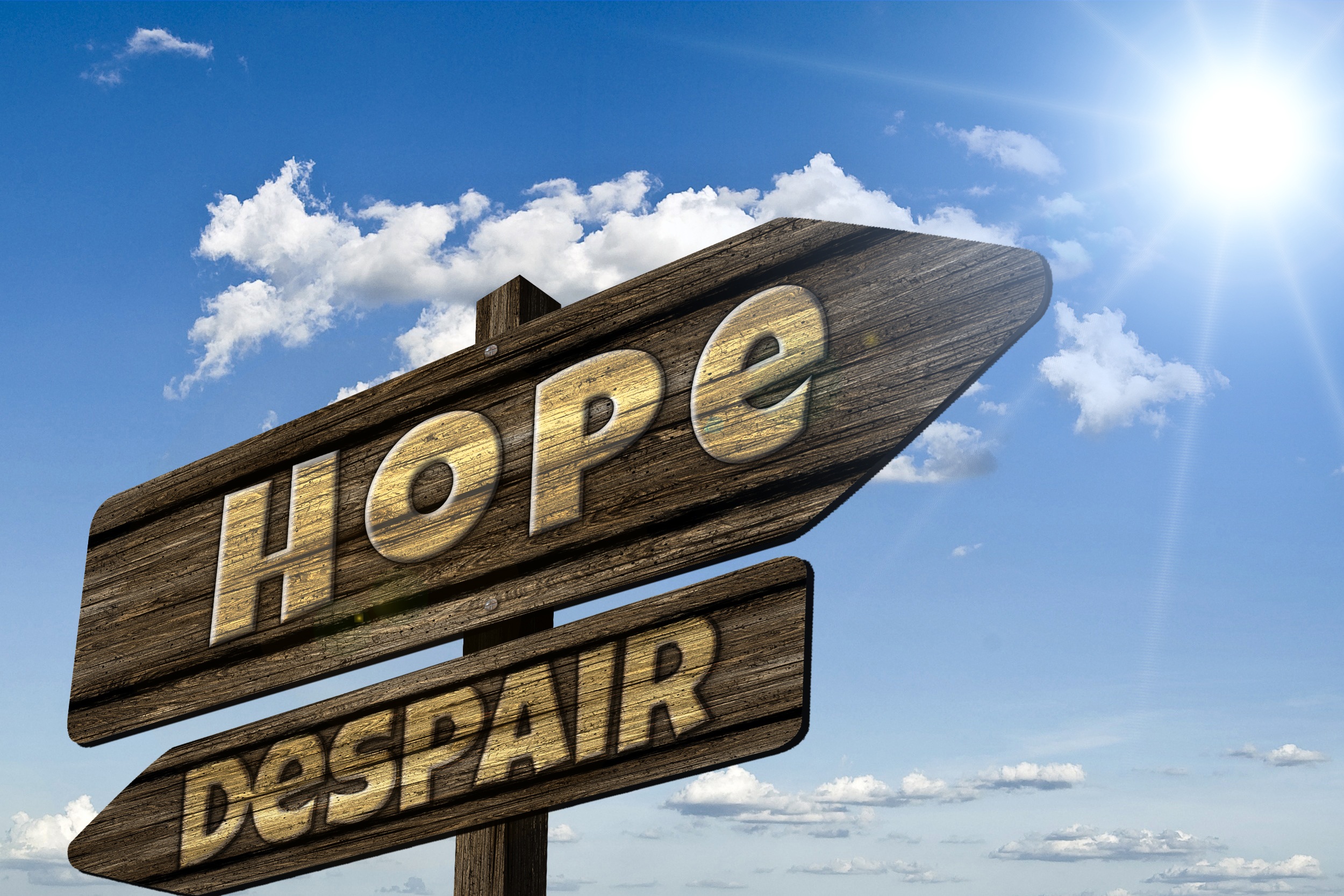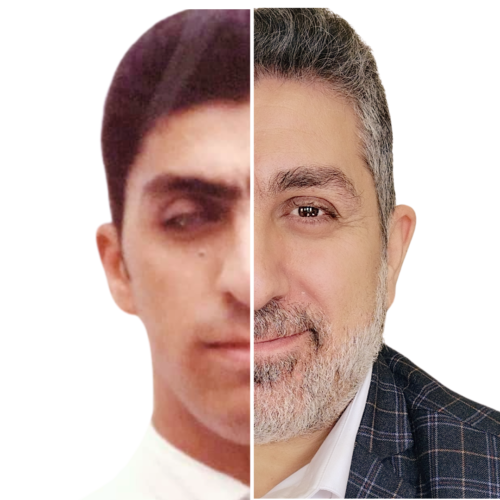
Another typical day at work, filled with numerous tasks to complete, and the certainty of more being added to my already hectic schedule. More requests come to assistance colleagues and friends, and there are ever-looming deadlines to meet. It can be quite overwhelming!
Let’s pause for a moment and reflect. We all encounter challenging times, but how we navigate them makes all the difference. Some of us break through, while others may not.
Isn’t that intriguing? So, the question arises: How do some individuals manage work-related stress, make breakthroughs, and thrive? We all face various life challenges, responsibilities toward others, and, importantly, ourselves. Yes, let’s not forget about “ourselves”. It’s essential to discover ways to break through without succumbing to burnout at work.
For me, this realization didn’t require a test or a performance appraisal. In fact, we all possess some degree of resilience in our lives, but not all of us develop it to an advanced level. Several factors, such as overprotective parents or a lack of exposure to enough challenges, can influence the development of resilience skills. Resilience comprises various elements that evolve over time, including optimism, problem-solving, flexibility, adaptation, and coping, and many more which I’ll delve into in my upcoming blog posts.
Resilience empowers us to bounce back after setbacks and challenges. We all encounter tough situations—whether in our relationships, family illnesses, global events, tight work deadlines, or overwhelming tasks. The key is to understand how to leverage these challenges to our advantage. No one wants to experience stress and failure, be it in their job or life’s challenges. In this piece, I’ll share some real-life examples from my own experiences that may inspire you to overcome your current hurdles.
My most significant challenge was growing up with a vision impairment, which stemmed from an accident at the age of 3. This complication was inherently stressful. When I began my career as a management consultant, specializing in quality management systems, I interacted with numerous people within organizations. I relished every aspect of my work, celebrating numerous successes as organizations achieved ISO 9002:1994 certification, among others. My dedication and commitment were unwavering, and I armed myself with knowledge and passion.

Behind the scenes, though, stress levels were high, and challenges were plentiful. Deadlines and budgets had to be met. I had to assess the existing state of organizations, plan for necessary changes, create new procedures and instructions, update forms, and ensure that employees at all levels could implement the system seamlessly—all while maintaining regular operations. This process had to adhere to a strict timetable to prepare for accreditation audits by an ISO-approved body. Remember, there was a deadline and a budget to respect, not to mention the importance of upholding my personal reputation.

To confront the stresses mentioned above, my guiding light was faith. Faith meant believing in myself, others, and a higher power. It provided hope for a brighter future, even in challenging times. This is what coaching is about — believing in the potential of others. I was giving a motivational speech on Ripple Effect in an Organization’s event, where I was asked about the core principle that life coaches rely on to help people move from point A to point B, my response was: “We believe.” We believe in human nature, in people’s innate abilities, and in their capacity for transformation. It’s like using a different lens to clarify their perspectives. Some need to see things up close, while others need a broader view.
Faith also instilled positivity in my life. I often saw the glass as half full. For instance, when I underwent the painful and challenging process of having my eye removed, I told myself that this discomfort would soon become a distant memory. Focusing on the future and envisioning how I would look motivated me to overcome the procedure’s difficulties. The same approach guided me when I relocated from Maine to Texas, despite financial setbacks. I reminded myself that these losses were temporary and that letting go of material possessions was liberating. It happened quickly, and the rewards were satisfying. I now live for what lies ahead, not dwelling on what was lost.
My point is that resilience begins developing at an early age, and every challenge makes us stronger by enhancing our resilience skills and their associated elements. Everything you do from this point forward matters. Worrying won’t solve problems. Embrace optimism, maintain a positive attitude, confront your fears and challenges head-on. If you look back, you’ll see that you’ve faced difficult challenges with a similar mindset to how you overcame challenges at a younger age.

Have faith in yourself, believe in your capabilities, and stay aware that every challenge is a steppingstone to growth. As the saying goes, “What doesn’t kill you, makes you stronger.” That, is the essence of resilience in life!



